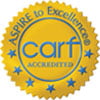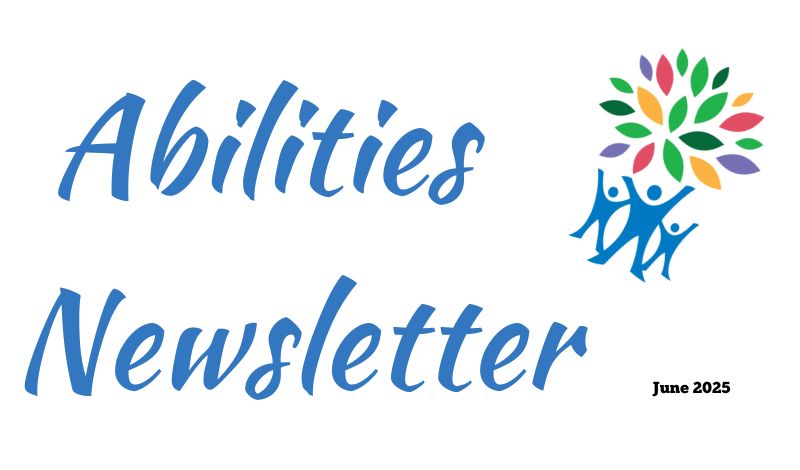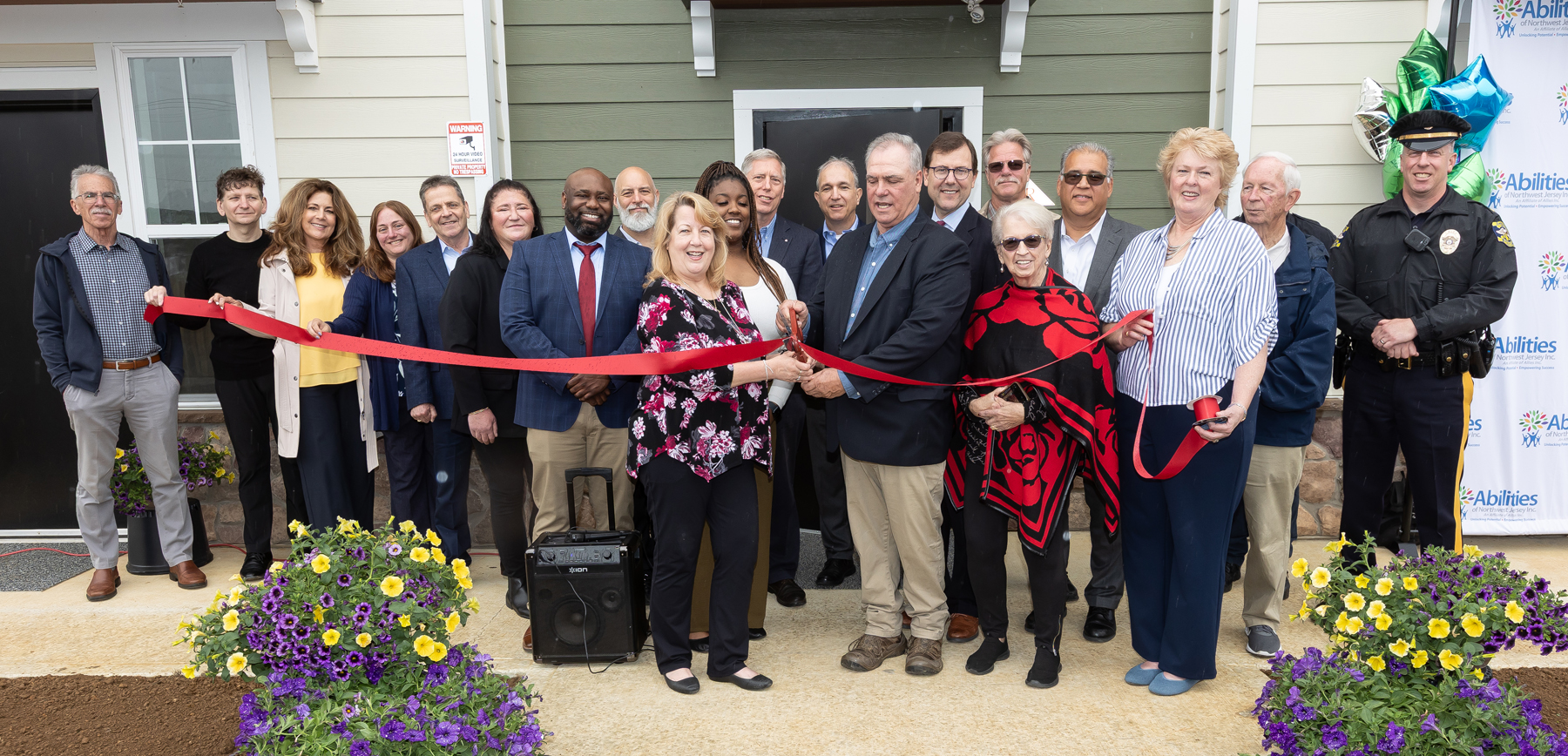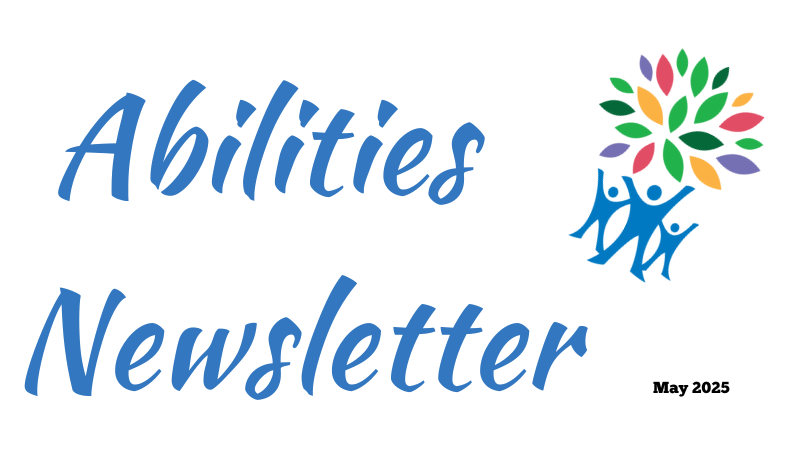The Social Innovations Journal (SIJ) hosted the inaugural 2023 New Jersey Innovation Awards where New Jersey’s Leaders presented awards in Human Services, Social Mobility, Education, Arts and Culture, Systems and Policy Change, and Health to 69 finalists. The Social Innovation Award Finalists were selected through an open nomination and public voting process by residents of New Jersey.
The theme of the awards, “Celebrating Innovations in the Social Sector,” to highlight the novel ideas from health care, health care systems, hospitals, direct care service providers, educators, funders, government, and advocacy organizations, working in the social sector in New Jersey who have a shared commitment and drive to improve our society, to improve conditions for all community members regardless of age, gender, sexual orientation, disability, income, race or ethnicity, and to improve systems and policies so that people have access to the services they need to thrive.
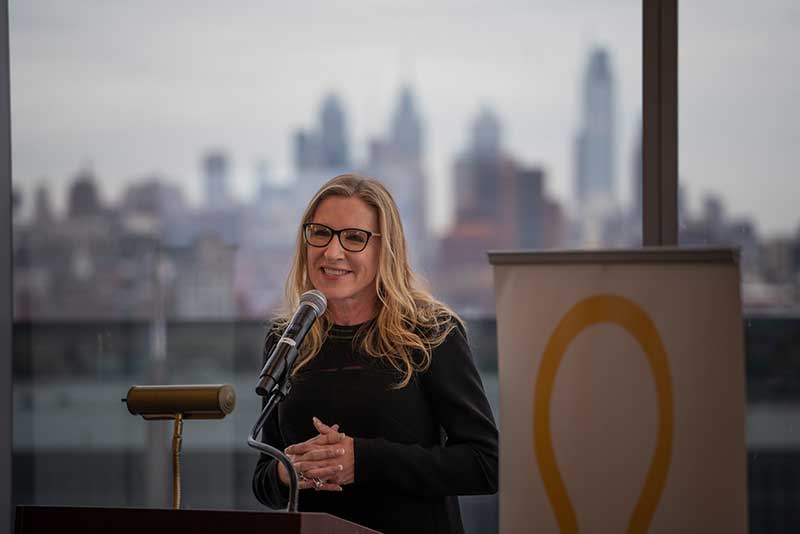
Tine Hansen-Turton, CEO of Woods Serices and co-founder of the Social Innovations Journal stated, “these awards honor our region’s most passionate social innovators, entrepreneurs and changemakers whose work and social impact too often goes unacknowledged, yet their efforts are what makes our communities across New Jersey the thriving region of innovation and opportunity they are for all people”.
The Winners are
COMMUNITY BEHAVIORAL HEALTH — Innovative service models in behavioral health leading to emotional, psychological, and social well-being.
1st: Shannon Reese, Salem County Department of Health & Human Services
2nd: Derry Holland, CEO, Oaks Integrated Care
3rd: The SERV Foundation Scholarship Fund, SERV Behavioral Health System
RUNNERS UP:
Joseph Haber, Legacy Treatment Services
SERV Foundation Wellness & Development Conference, Scholarship Fund, SERV Behavioral Health
HEALTHY COMMUNITIES — Innovative service models integrating social determinants of health and health care, services that strengthen families, and approaches that ensure a healthy environment and other community conditions.
1st: Peri Nearon, Executive Director, New Jersey Department of Disability Services, New Jersey Department of Human Services
2nd: Rayletta Garrison, Kylen Robinson and Bianca Dumas Youth Consultation Services
3rd: Tianna Gresham, Tinks Golden Girls
RUNNERS UP:
Karly Forman, Raise the Bar Family Services Inc
Cristina Jones, Easterseals, NJ
INNOVATIVE MODELS FOR ACHIEVING HEALTH EQUITY — Innovative strategies or models of care that reduce health disparities and or improve social or economic conditions.
1st: Julia Taylor, Trenton Health Team
2nd: Jennifer Papa, City Green
3rd: Salvation and Social Justice (for the Trenton Restorative Street Team)
RUNNERS UP:
Rachel Patti, Archway Step by Step
James Carlino, Chief Human Resources Officer, Bancroft (Runner up)
Joseph Collins, School Health Insurance Fund (Runner up)
INNOVATION IN SERVICES FOR SPECIAL POPULATIONS, INCLUDING PEOPLE WITH INTELLECTUAL DISABILITY AND/OR AUTISM, MENTAL HEALTH CHALLENGES, AND OLDER ADULTS – Innovative strategies and services that improve health outcomes and quality of life.
1st: Dr. Wendy Aita and Dr. Jennifer LeComte, Rowan Integrated Special Needs Center
2nd: James Paoletti and Dan Minko, Spectrum Sports LLC
3rd: Tracy McShea, Archway SBS
RUNNERS UP:
Lyndee Breece, The PILOT Services
Porsche Laws, Kelsch Associates
COMMUNITY VOICE IMPACT — Novel strategies to promote community voice inclusion and belonging that influence program and/or policy, with a focus on improving health equity for medically underserved populations at greatest risk for poor health.
1st: CHOICES, RWJ Medical School, Div of Addiction Psychiatry: Represented by Patricia Dooley
2nd: Ayana Abdul-Raheem, Timbuk2 Academy
3rd: Family Resource Network
RUNNERS UP:
Paul Aronsohn, Ombudsman for Individuals with Intellectual or Developmental Disabilities and Their Families State of New Jersey
Linda Thomas, Red Ribbon Academy’s Medical Day Program
POPULATION HEALTH IMPACT — Innovative strategies improving clinical health outcomes, improved care coordination and patient engagement supported by appropriate financial and care models for a disadvantaged or minority population.
1st: Lisa Vara and Buddy Garfinkle, Bridgeway Behavioral Health Services
2nd: Michelle Joo, Oaks Integrated Care
3rd: Stacey Edwards, Archway Programs
RUNNERS UP:
Samantha Kunz, LPC, Division Director Adult Services, Legacy Treatment Services
PUBLIC HEALTH EMERGENCY IMPACT — Sustained innovative, practice, and or policy changes(s) in response to the COVID pandemic.
1st: Keri Basler and Kevin Kelly, Legacy Treatment Services
2nd: Dr. Kerri Powell, CEO ,Neighborhood Health Services Corporation
3rd: Jay Patel, Union Avenue Pharmacy
RUNNERS UP:
Jeff Chesebro, Princeton Partners
WORKFORCE DEVELOPMENT — Innovative service models leading to earning a living wage and economic freedom, especially targeted to typically marginalized groups.
1st: Dan Rhoton, Hopeworks
2nd: Susan Perron, Abilities Solutions
3rd: SERV University, SERV Behavioral Health System
RUNNERS UP:
Cindy Wildermuth, CEO, Abilities of Northwest New Jersey
Ricky Alfaro, Allies
Mickie Patetta, Archway Programs
EDUCATION — Innovative ideas that advance access to high-quality education and/or interventions and services that allow people to enter post-secondary education, vocational programs or employment.
1st: Theresa Wilson-Fall, Allies
2nd: Riscee Langhorne, Director, Workforce Internship Pathways at Hopeworks
3rd: Susan Lafferty, Archway Programs
RUNNERS UP:
Ana Alfaro, NJDOE (Camden county)
Susan Recce, ASAH
Mary Bawarski, School Accounting Professionals
HOUSING AND COMMUNITY DEVELOPMENT – Innovative attainable, stable or permanent housing service models that strengthen individuals, families and communities.
1st: Amy Scartocci, New Jersey DDD
2nd: Victor Luna, CEO, Collaborative Support Programs of New Jersey
3rd: Dr. Manuel (Manny) Guantez
RUNNERS UP:
SERV Properties and Management, SERV Behavioral Health System
Tom Toronto, Bergen County’s United Way
INNOVATIVE FUNDER STRATEGIES — Funders who take an innovative approach to social sector investment strategies.
1st: LorieAnn Wilkerson-Leconte, Catastrophic Illness in Children Relief Fund
2nd: Cheryl Mackey, United Way of Greater Philadelphia and Southern New Jersey
3rd: Ajay Raju, Ark Institute
RUNNERS UP:
Paige Carlson-Heim, Renee Rattigan, and Shelly Sylva, TD Charitable Foundation
INNOVATIVE PARTNERSHIPS — Innovative cross-sector approach to solving complex social or environmental issues on a large scale, especially to help those with complex needs.
1st: Stephanie Simon, Bridgeway Behavioral Health Services
2nd: Kathleen Noonan, President, Camden Coalition
3rd: Advocates for Children of New Jersey Represented by Mary Coogan
RUNNERS UP:
Ellie Willoughby, The J-Cares Intern Program
Dana Redd; Dr. Reginald Blaber, and Donna Antenucci, Camden Community Partnership and Virtua Health
West Bergen Mental Healthcare and Vantage Health System Represented by Karen Acker and Teresa McMahon
Anthony Mongeluzo, PCS
LEGISLATIVE IMPACT — Innovation through policy reform and improvements in financial models to improve service delivery and reduce barriers to care.
1st: Kate Kelly, Integrated Community Project Manager, Supportive Housing Association of New Jersey
2nd: Edward Dobleman, Legacy Treatment Services
3rd: Joanne St. Amand, A Voice of Reason
RUNNERS UP:
Martha Cray and Alieen Rivera
Donna Gomez, ASAH
Brian Woods, Chief of Staff at 8th Legislative District Office
The New Jersey Social Innovation Awards have been sponsored by the regions organizational social sector leaders including: RSM, NJACP, Woods System of Care, Rutgers University Behavioral Healthcare, RWJBarnabas Health, Conner Strong & Buckelew, Salem Health & Wellness Foundation, Paycom, Legacy Treatment Services, Acenda Integrated Health, Archway Programs, Bridgeway Behavioral Health Services, Homestead Smart Health Plans, Allies, NJAMHAA.



